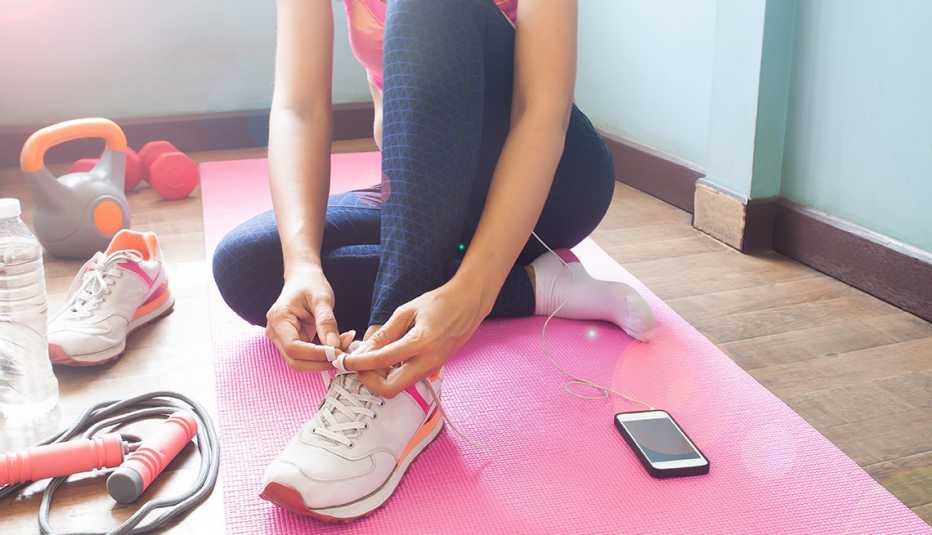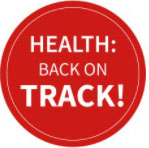AARP Hearing Center


As COVID-19 vaccinations continue to roll out across the country and life slowly starts to return to normal, experts say it’s a great time to reevaluate your habits and consider making changes to improve your health and well-being. Research shows that the start of any new phase — be it the resumption of post-pandemic life, turning a year older or the invigorating days of spring — can serve as powerful psychological motivation to kick-start new habits. It’s called the fresh-start effect.


The end of the pandemic is “this momentous, collective fresh start that has all the features you need if you want to jump-start change,” says Katy Milkman, a behavioral scientist at the Wharton School of the University of Pennsylvania and author of the new book How to Change. “Maybe you didn’t achieve your fitness goals or build better routines, but that was the ‘old you’ during the pandemic. The new you can do it in this new era.”
In an informal poll on Twitter, Milkman found that half of her followers had already set some sort of post-pandemic resolution.
BJ Fogg, a behavioral scientist at Stanford University and author of Tiny Habits, explains that anytime your context or environment changes, your habits change naturally. “So this is a good time to put in a little bit of thought to design the habits you want,” he says. “Don’t leave your habits to chance.”
Motivation alone is not enough
Research shows that nearly half of our actions are habitual and that changing them isn’t necessarily all about willpower. In fact, motivation alone rarely works for the very reason that our habits are an unconscious behavior, says Susan Weinschenk, a behavioral psychologist at The Team W, a training and consulting firm in Edgar, Wisconsin. “We have to set things up to use the unconscious part of our brain to do this for us,” she says. That opportunity “is the part a lot of people miss” when they try to flip a switch to override actions they’ve been doing on repeat for years, if not decades.
Weinschenk and other experts share these science-based tips on how to develop better habits that will last.
1. Start with a small and specific action.
Experts say that if you’re serious about wanting to create a healthier habit, you have to narrow your focus first. Skip the kinds of goals that are vague, broad or intimidating. Want to get in shape? Too broad. Determined to start walking regularly? Still too big.
You’ll set yourself up for success, however, if you break a bigger goal down into smaller, more specific ones. Fogg recommends starting with one tiny, easy action. If you want to walk more, for instance, first set a smaller intention to put on your walking shoes when you finish dinner (but don’t necessarily commit to taking a stroll). Or if you struggle to floss regularly, tell yourself you will floss just one tooth every night after you brush.
The key is to choose an action that feels entirely — even ridiculously — doable and that takes less than 30 seconds, Fogg says. That way, even if you don’t feel like doing it, you’ll do it anyway because it’s so easy. “It takes out the need for willpower — that’s the psychological component,” Fogg notes. “Tons of research shows the easier something is to do, the more likely people are to do it.”
In time, the teeny habit will become an automatic part of your routine. Once that habit is rooted, you can expand it to include really taking the evening stroll or flossing all of your teeth.



































































More on Health
A Bike for Every Rider
From new 'walking bikes' to trikes and recumbent styles, there are models to suit a variety of tastes — and mobility issuesEvaluating Your Fitness Routine for a Post-Pandemic World
Try these tests to determine if your body has declined in the past 12 months6 Ways to Get Your Gardening Muscles in Shape This Season
Before digging, pruning and planting, make sure you're ready for the work